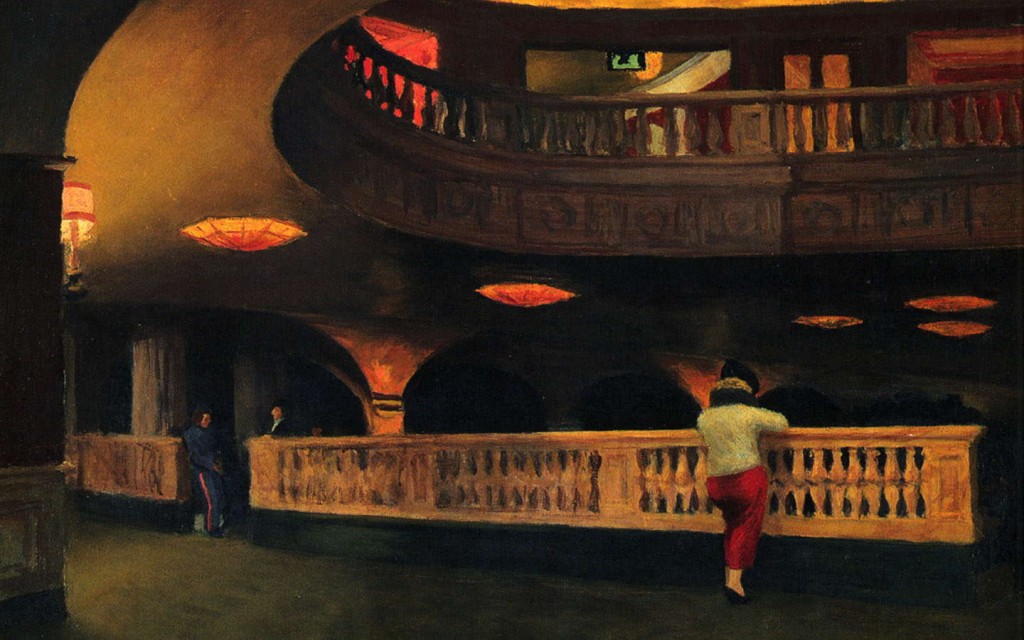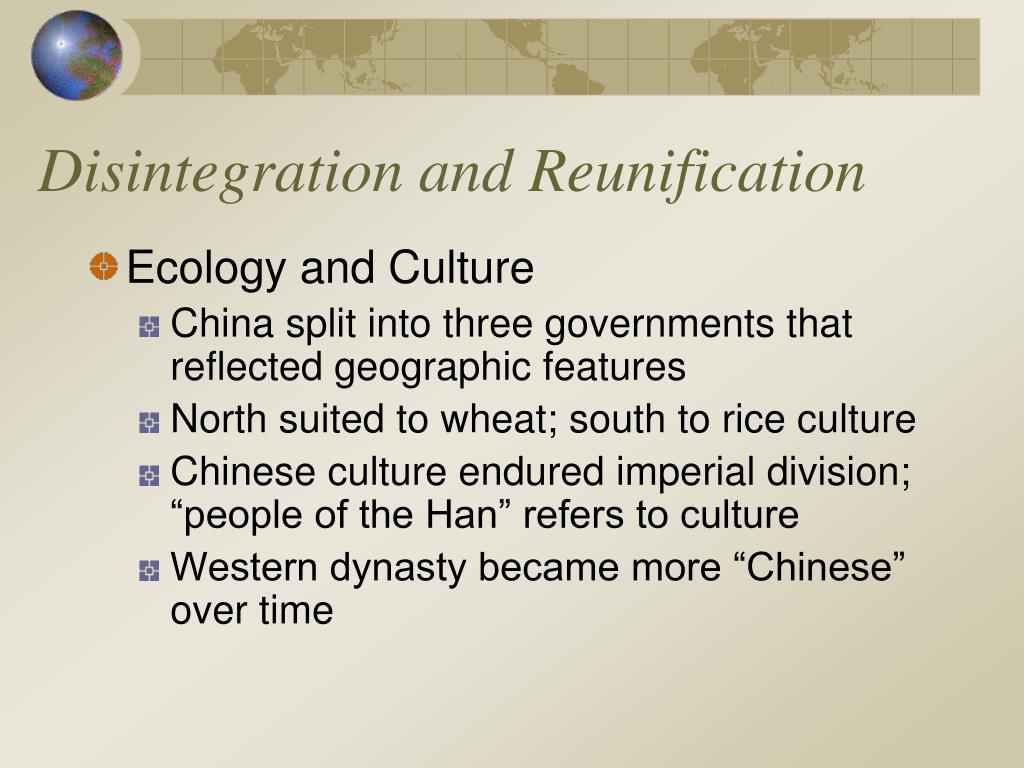

N May, 2001, he joined with Grace Lutheran Church of Overland, KS, to produce a video program on Sex & Romance in the Biblical Marriage, which is now available to the public. Judge Sheridan and his wife, Sharron, have been married for 41 years and have two adult children. In 1978 he was elected District Court Judge and has served in that capacity since January, 1979.

Sheridan served as law clerk to the Chief Judge of the Michigan Court of Appeals before moving to Adrian in 1970, when he entered private practice and became Assistant City Attorney. He earned his Juris Doctorate in Law at U of M, where he graduated cum laude in 1969. Sheridan attended the University of Michigan where he received his Bachelor’s Degree and Master’s Degree in Business Administration. Librarian Note: There is more than one author in the GoodReads database with this name.

A sound and striking approach to these decades of desperation in the lives of a quarter of the human population-if not bypassed in the glut of "China books," it may encourage students and academics to go further. He leaves out explicit investigation of the international context while underlining, more than most writers, Chiang's commitment to repay external debt at the expense of the Chinese people. Sheridan gives a strong sense of the rapine of the warlords who were Chiang's off-and-on allies, and of the feeble heritage of Sun Yat-sen's patriotic platitudes. The Kuomintang turned into a mere holding operation and faded into chaos. However, the book underlines Chiang's failure to give the masses a ""Strength through Joy"" spirit and, as wartime inflation of 300% gave way to postwar collapse, the anti-Communist pitch became emptier and emptier. The KMT did ensure that forced opium production took up at least a fifth of Chinese cropland by the 1929-1933 period, and they consolidated a soldier recruitment system that approximated Nazi roundups. The KMT failed either to create an effective dictatorship or to mobilize fascist passions which could ensure willingness to "sacrifice." Thus the difficulty in squeezing enough wealth out of the peasantry to meet a foreign debt which totaled half the national revenue. Sheridan's focus on the KMT brings more to light than do many surveys of Mao's revolutionaries.

Sheridan, a Northwestern University scholar, concentrates on the Kuomintang movement of Chiang Kai-shek, insisting that we judge a political force by whether it solves the problems posed to it, not, as Chiang's partisans prefer, by means of what-if's. After the 1911 fall of the Manchus came the most hideous breakdown in Chinese history.


 0 kommentar(er)
0 kommentar(er)
